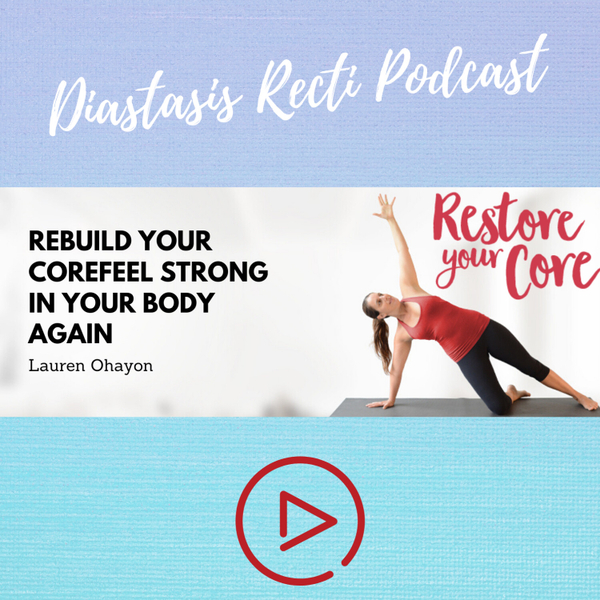
Rectal Prolapse
- S1E25
- 02:58
- February 19th 2021
What is Rectal Prolapse?
Rectal prolapse is another form of pelvic organ prolapse. Rectal prolapse occurs as a result of the rectum (the last part of the large intestine) being displaced or forced from its normal position. This can lead to the rectum descending or protruding out of the anus.
Rectal prolapse is often more common in older adults, more often in older women, who have experienced prolonged issues with constipation or pelvic floor issues. However, rectal prolapse can affect men and women in various stages of life. Although it is reported to be more common in women postmenopause, it can also occur in people much younger as well.
In this article we will address some of the most pressing questions regarding rectal prolapse and how it may be treated.
Types of Rectal Prolapse
As with other forms of prolapse, rectal prolapse is often a term that defines various stages of a herniated anus. The three types of rectal prolapse include:
- Stage 1: the rectum has become displaced, but does not protrude out of the anal cavity (also know as an internal prolapse)
- Stage 2: the rectal lining begins to descend into the anal cavity
- Stage 3: the rectum extends out of the anus entirely.
In many cases, people have found relief without the need of medical or surgical attention. However, in severe cases, medical attention may be necessary.
Causes of Rectal Prolapse
A rectal prolapse may occur due to various health conditions or as a result of aging. In some cases, it may be a result of complications during pregnancy or injuries to the pelvic or bowel region. Below are a few possible causes of rectal prolapse.
- Chronic constipation or diarrhea
- Prolonged or chronic history of straining during bowel movements
- Old age: as you grow older, it is common to experience a weakening of the rectal and anal muscles and ligaments. It is also common to experience similar weakening in the pelvic floor, which can create additional weakness in your core.
- Weakening of the anal sphincter
- Injury or past surgical procedures to or near the anal and pelvic regions
- Nerve damage: If the nerves that control your ability to contract the rectum or anus are damaged, rectal prolapse may occur. This can be due to complications during vaginal delivery, paralysis, a spinal injury, lumbar spine surgery, or other surgeries in the pelvic area.
- Other diseases, conditions and infections: There are many other possible causes for rectal prolapse. These can include health conditions such as diabetes, cystic fibrosis, parasitic infections, or other diseases. Or, it may be caused by other corrective surgical procedures, such as a hysterectomy.
Rectal Hernia Symptoms
The most common symptoms of rectal prolapse is the feeling of a bulge or ball extending out of the rectum. This can look like a reddish-colored mass extending outside of the anus, or, in the case of an internal prolapse, feel as if something is stuck in your rectum. These symptoms are often experienced during or after a bowel movement. In many cases, the symptoms will resolve quickly. However, if you have a moderate to severe rectal prolapse, over a prolonged period of time, you may experience the rectum protruding out of the anus at the end of the day. This is often spontaneous and may not require force or straining.
Other symptoms may include:
- Anal pain
- Rectal bleeding (may appear like a hemorrhoid)
- Fecal incontinence (mucus, blood, stool)
The symptoms you suffer may change depending on the severity and progression of your prolapse.
Diagnosis
A rectal prolapse requires a proper diagnosis in order to rule out conditions that may correlate. In order for you to receive a proper diagnosis, your doctor will have to perform a rectal exam. Your doctor may ask you to sit on a toilet and attempt to perform a bowel movement in order to see the prolapse.
Restore Your Core: Diastasis Recti and Pelvic Floor Talks
The Restore Your Core podcast is all about health and fitness for those struggling with Diastasis Recti or Pelvic Floor issues.
Lauren Ohayon makes videos, runs a thriving facebook group, and creates blogs that help people to feel better and reclaim their healthy bodies.
https://restoreyourcore.com/learn/diastasis-recti/
If you're too busy to read the blog then feel free to listen to the podcast! We hope to be a part of your core restoration journey.